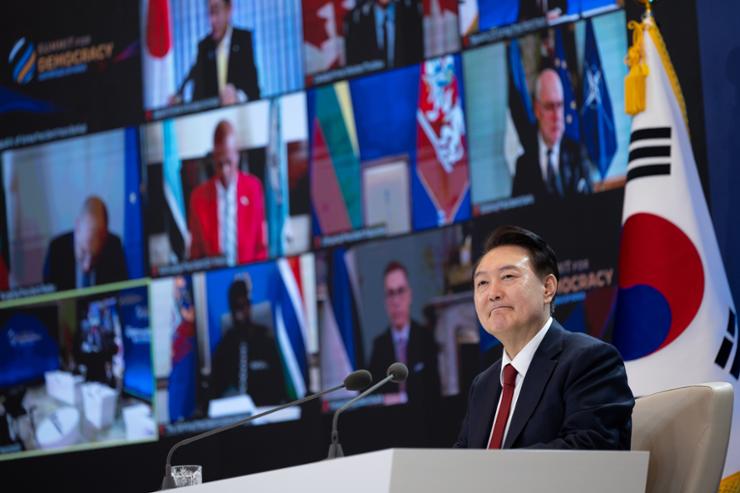
President Yoon Suk Yeol hosts the leaders’ virtual plenary of the third Summit for Democracy at Yeongbingwan guesthouse in Seoul, Wednesday. Courtesy of presidential office
President Yoon Suk Yeol underscored on Wednesday the dire threat posed by fake news to elections worldwide, describing it as a direct assault on democracy itself. He called for the formation of an international coalition to bolster stringent law enforcement measures against those who propagate misinformation to manipulate elections across borders.
“Fake news not only spreads misinformation but also incites social conflict and division,” Yoon said. “Moreover, fake news manipulates citizens into making wrong judgments based on false information, thereby threatening elections, which constitute the very foundation of democracy. It is a clear provocation against democracy.”
Yoon stressed this idea during the leaders’ virtual plenary of the third Summit for Democracy. He presided over the second session of the leaders’ plenary, titled “Technology, Election, and Mis-/Dis-Information.”
The president highlighted that one-third of the global population is poised to cast their ballots this year, emphasizing that democracies sharing universal values must unite in their efforts to combat fake news. Korea is gearing up to hold general elections on April 10, determining the lawmakers who will serve for the next four years.
“Our duty of safeguarding the foundation of democracies through fair elections is more important than ever,” Yoon said. “Together, we must develop laws and systems which strictly counter fake news.”

President Yoon Suk Yeol shakes hands with Meta CEO Mark Zuckerberg at the presidential office in Seoul, Feb. 29. Courtesy of presidential office
Yoon has been actively engaged in the fight against misinformation and fake news, even confronting instances directly involving himself.
During a meeting with Meta founder and CEO Mark Zuckerberg in Seoul Feb. 29, Yoon told the tech guru that “the recent rise in artificial intelligence-powered fake news and disinformation campaigns poses a serious threat to democracy” and asked big tech firms to pay greater attention to monitoring and screening them.
On March 11, Seoul’s Korea Communications Standards Commission said that Meta and TikTok recently deleted from their platforms 22 types of short-form videos that manipulated Yoon’s speeches.
The clips maliciously edited Yoon’s 2022 speech, twisting his statement from “I have been enforcing laws throughout my life against those who trouble the nation’s citizens” to “I have been enforcing the country’s laws against the nation’s citizens.”
Recently, news reports have emerged indicating that certain YouTube channels, purportedly operated by Chinese individuals, have been disseminating false information about Yoon’s policies. Additionally, some Chinese internet users have been spreading negative sentiments regarding Korea’s democracy. Notably, since 2006, Korea has permitted expatriates who have resided in the country for three years or more to participate in local elections, which include voting to choose mayors and governors.
“In particular, the international community must collaborate to enforce laws against forces seeking to influence elections in other countries across borders,” Yoon said, adding international cooperation is essential for developing AI technologies and digital systems capable of cracking down on fake news.
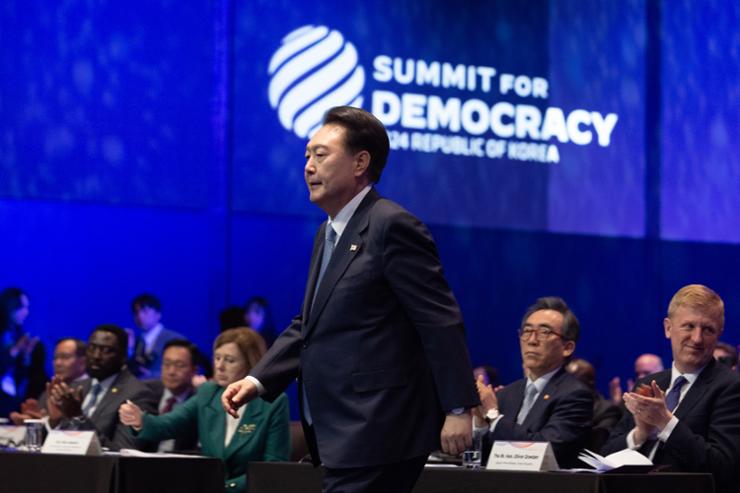
President Yoon Suk Yeol heads to the podium during the opening ceremony of a ministerial conference at the third Summit for Democracy at the Shilla Hotel in Seoul, Monday. Yonhap
Under the theme “Democracy for Future Generations,” Korea hosted the third Summit for Democracy, providing a platform for international leaders to explore and propose ideas aimed at renewing future generations’ faith in the value of democracy.
The event commenced with a minister-level meeting on the first day with over 30 ministers and vice ministers taking part. They underscored the significance of democratic nations exchanging policies and experience, aiming to leverage the opportunities presented by digital technology for democracy while effectively addressing the threats posed by new technologies.
Yoon also delivered a welcome speech during the meeting and stressed the need for global solidarity to safeguard democracy from the challenges posed by AI.
On Tuesday, the summit featured various events and roundtable discussions hosted by international organizations, and reached its finale with the leaders’ virtual plenary.
The Summit for Democracy was launched by the United States in 2021, under the purpose of strengthening democracy and confronting authoritarianism around the world. Yoon’s predecessor, Moon Jae-in, participated in the inaugural edition, and Yoon co-hosted the second summit in 2023.
While the summit was launched as a platform for international leaders to discuss the value of democracies, China and some other countries have expressed displeasure with the proceedings, viewing them as a U.S.-led campaign aimed at undermining its rivals.
At Monday’s minister-level meeting, China voiced its objections to a speech delivered by the Taiwanese digital minister, asserting that Seoul should adhere to the one-China principle and refrain from providing a platform for Taiwan independence forces to enhance their influence and prestige.
Seoul responded by saying, “The Summit for Democracy is held to contribute to promoting democracy and human rights, and is not aimed at a specific country.”
文章来源:NEVER
TKFFF公众号
扫码关注领【TK运营地图】

TKFFF合作,请扫码联系!


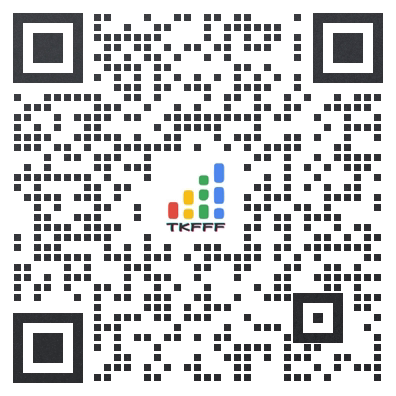

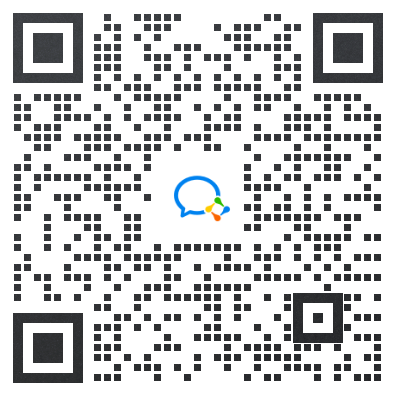
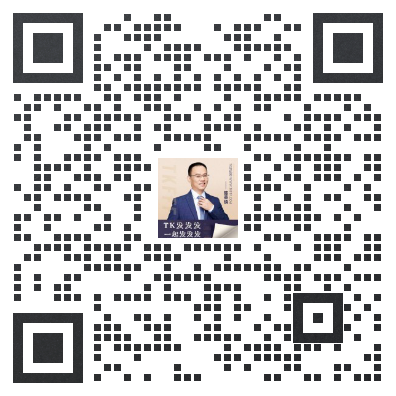
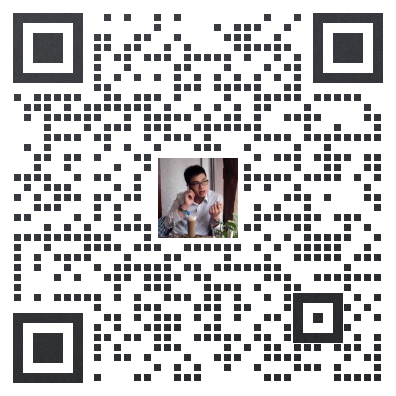
 闽公网安备35021102002035号
闽公网安备35021102002035号